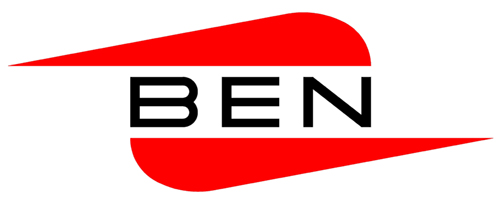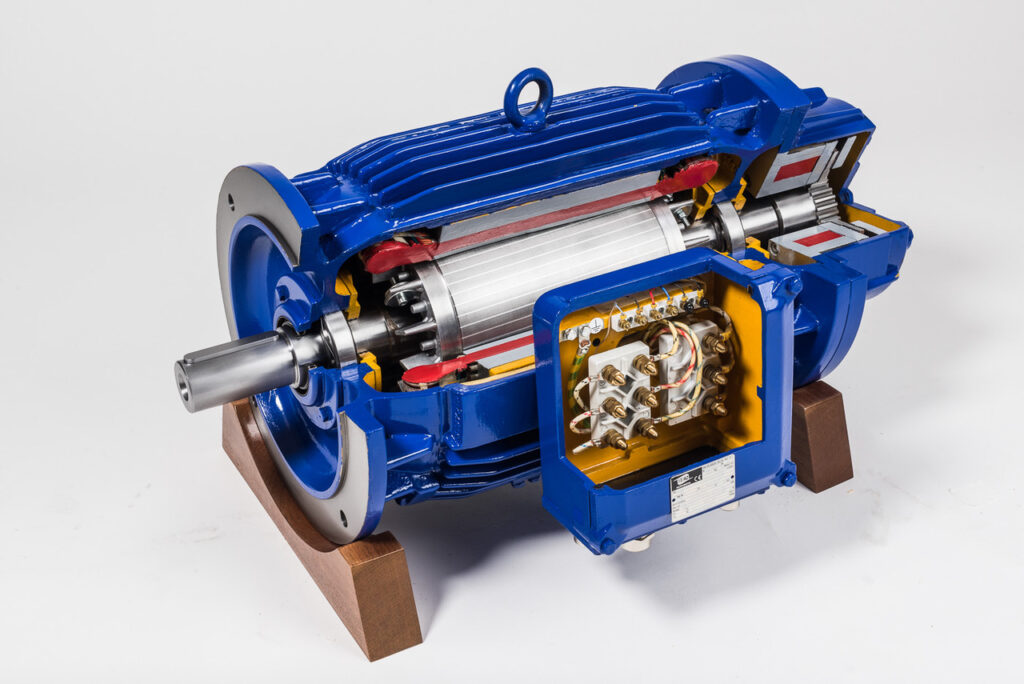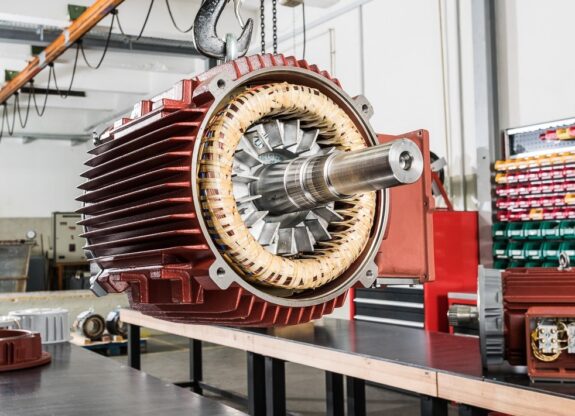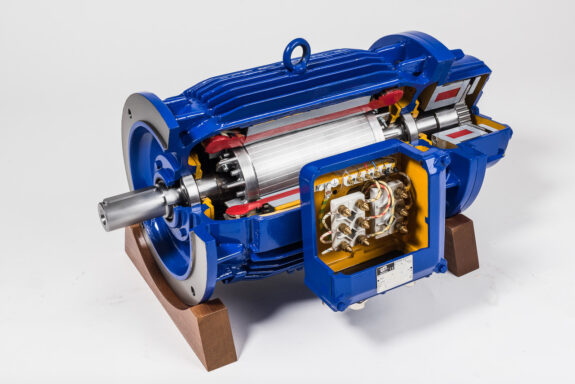
Ben Buchele - Pioneers in electric drive technology
Ben Buchele Elektromotorenwerke GmbH is a Nürnberg, Germany-based manufacturer of industrial motors for a variety of applications, most notably in the shipbuilding and offshore sectors. Its range includes explosion-proof motors for the most demanding of end-use scenarios. As a medium-sized business, Ben Buchele is able to provide a consultative service to customers, based on years of experience gained in this specialist field since foundation in 1931, which comes across in the way it communicates to target audiences. It is not only able to deliver standard solutions that add safety and efficiency to the point of use, but it regularly provides custom-built motors, again, most typically found in shipbuilding and offshore.
Contact
DE-90419 Nürnberg
Germany
Detlef Koslowsky
t: +49 911 3748-0
e: d.koslowsky@benbuchele.de
w: www.benbuchele.de
Ben Buchele Invests in Motor Consultations
Nürnberg, Germany-based Ben Buchele Elektromotorenwerke GmbH has expanded its consultancy service in response to growing demand from end users looking for the right motor for their application.
The company, which manufactures standard and custom-built motors for heavy-duty use globally, has taken several steps so it can answer the all-important question, ‘what type of electric motor is best suited to my application?’, within three days—every time.
Ben Buchele has always positioned itself to offer a consultative service that helps customers compare motors and determine the right option for their work. However, as industry has become increasingly digitalised, and as competitive as ever, it is now important to be able to deal with enquiries as soon as possible—via social media, online, email, telephone, and in-person.
Detlef Koslowsky, head of sales at Ben Buchele, said: “It remains true that motors are often installed in applications they are not suited to, which is because there are inefficiencies in consulting processes. It is usually because the motor producer has gathered, or fails to understand, the appropriate amount of information about the point of use. The consequences are costly damages, a lack of productivity, or disastrous failure.”
He added: “The first response to any inquiry about motors is, ‘It depends’, and that’s not avoiding the question. Air-cooled, water-cooled, or non-ventilated are starting points. A wide range of parameters must be specified and defined. Often customers will require bespoke solutions with requirements and specifications rather than sourcing an off-the-shelf product. Regardless, that process now needs to be completed faster than ever before, even if it means pointing the user to another manufacturer or motor provider.”
Stefan Kunzmann, the company’s head of design, recently wrote a paper about motor consultation that dovetailed with the wider efforts discussed. He explained that each of the three types of electric motor has its own set of features:
- With its three-phase induction design, an air-cooled motor is a jack-of-all-trades. It requires little maintenance and has a long lifespan, even in continuous S1 duty. However, the downside is that fan cooling creates noise, which isn’t always appropriate.
- Water-cooled motors are compact in size, lightweight, and efficient, but they require an additional cooling unit, suiting them to systems that are already in place so the motor can be integrated into the cooling cycle.
- Non-ventilated motors, meanwhile, are only designed to operate at S2 and S3, versus continuous, duty cycles.
Koslowsky said that when advising a customer, experts from Ben Buchele arrange a series of in-depth consulting meetings to determine which motor is the right fit. The system is analysed down to the very last parameter and detail—from the desired level of performance, frame size, and torque, to the protection class, installation location, necessary operating mode, system voltage, appearance, and potential additions. A range of options are given, as cost and budget are always important considerations.
“Smaller frame sizes mean lower material costs and prices,” said Koslowsky. “However, a smaller, water-cooled motor requires a cooling unit and pipe installation if no existing cooling system is available. If the customer wishes to replace an existing air-cooled motor, it usually makes sense to swap it out for a new air-cooled system. Customers may wish to upgrade their systems and increase efficiency, in which case converting to a water-cooled motor is a worthwhile option.
“You see why the first answer is nearly always, ‘It depends’.”
- Ben Buchele will exhibit at the International WorkBoat Show, which takes place at the Morial Convention Center, New Orleans, Louisiana, on 30 November to 2 December.

Caption: A Ben Buchele motor during production.

Caption: This image shows a Ben Buchele motor’s inner parts.
Contact for editorial enquiries: Detlef Koslowsky, D.Koslowsky@benbuchele.de






